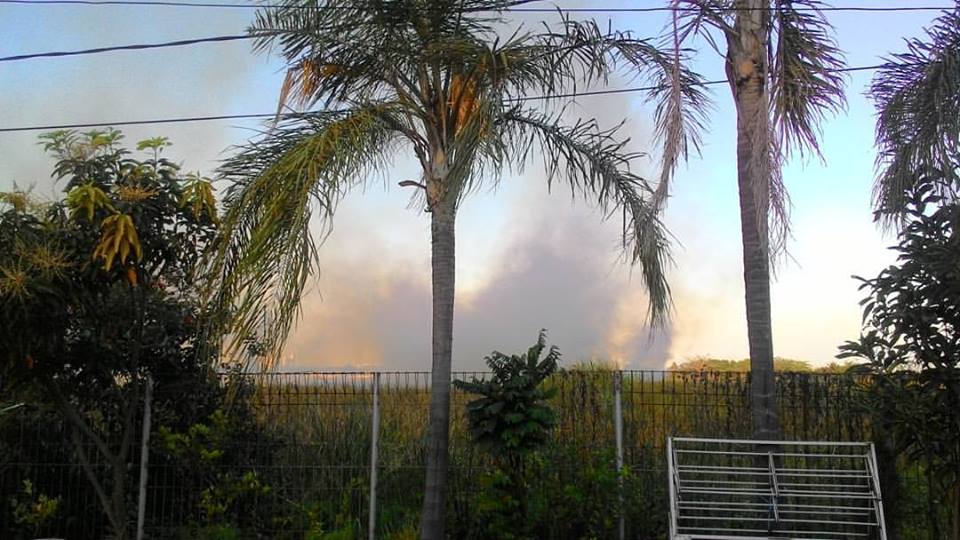






We have internet at home now, and have been able to watch some TV although streaming is a bit slow. I am on Facebook every few days but it’s more annoying than useful.
Having good people to work with makes a real difference. We have a good group of teachers here, foreign and Chinese. This makes it a pleasant place to work and it helps to adjust to life outside of work.
Wyatt has gotten so used to wearing sandals and crocs that he tends to drag his feet when he walks. He is improving as the 1.5 km walk to school and then the same home have given me opportunity to encourage the lifting of feet. It has also increased his appetite and endurance. At the start of each walk I hear the familiar shhhh shhhh of sole against pavement. It does give us time together, and is good exercise for me as well.
It’s all digital now, so lack of access or spotty connections can really limit things. Banking also requires the internet. On the plus side a couple of online shopping services have meant getting things for the apartment much easier. A well-equipped Walmart, and a few night markets have also helped. We have most things we need now, and have found places to buy water, beer, groceries and even a burger place nearby.
Christmas decorations have appeared in shops and in advertisements. Christmas is business here, but pales in comparison to the economic, cultural and emotional impact of the Spring Festival(Chinese New Year. We have one day off for Christmas and three weeks for the Spring Festival.
Back home in Indonesia they had a few small tornadoes in our neighbourhood. The twisters tore tiles off a neighbours roof and felled a few trees, but nothing too serious thankfully.
Hope all is well.

